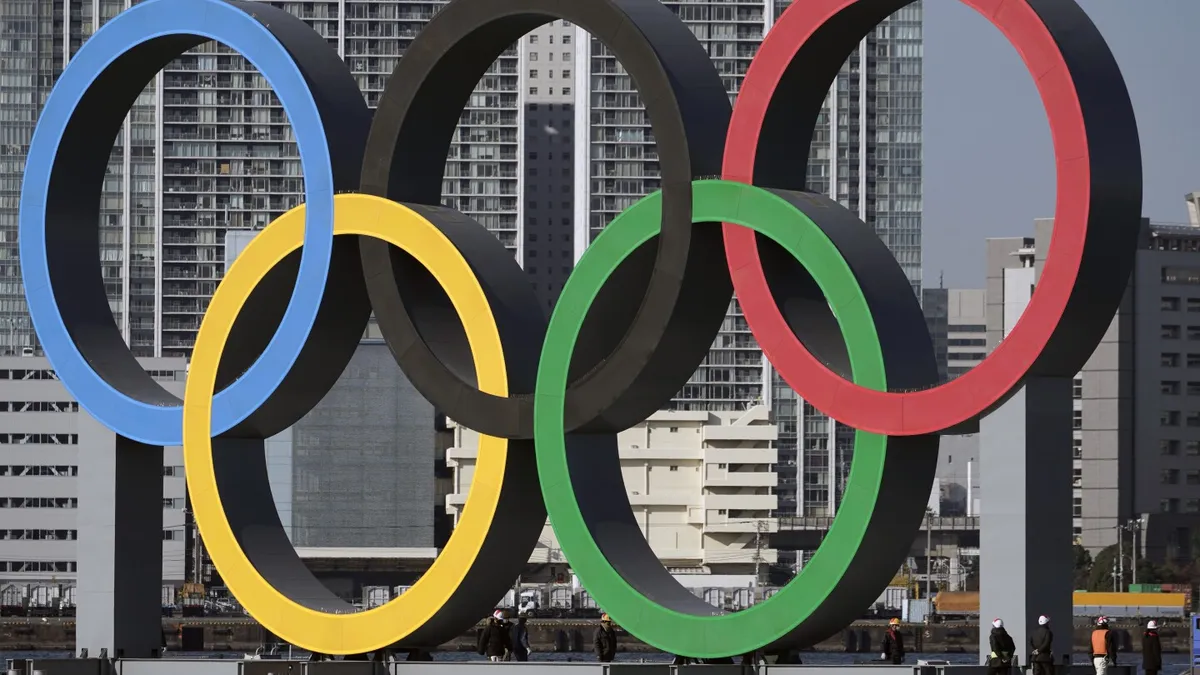
The U.S. Olympic and Paralympic Committee (USOPC) has taken a significant step by effectively barring transgender women from competing in women’s sports. This decision comes following an executive order issued by former President Donald Trump, which mandates compliance from the USOPC and its associated national governing bodies. The announcement was made quietly on the USOPC’s website and confirmed via a letter sent to national sport governing bodies.
The updated policy is highlighted under “USOPC Athlete Safety Policy,” referencing Trump’s executive order titled “Keeping Men Out of Women’s Sports,” signed in February. This order includes stipulations that threaten the withdrawal of federal funding from organizations that permit transgender athlete participation in women's sports. In a letter from USOPC CEO Sarah Hirshland and President Gene Sykes, it was made clear that the organization feels a strong obligation to adhere to federal expectations, emphasizing the need to create fair and safe competition environments for women.
The USOPC oversees approximately 50 national governing bodies, all of which may need to revise their policies to comply with this new directive. This change raises questions about how local sports clubs will adapt to maintain their memberships with these governing bodies. For example, organizations like USA Track and Field have historically adhered to guidelines set by their respective world federations. World Athletics is currently considering policy alterations that align with Trump’s order.
A spokesperson for USA Swimming confirmed awareness of the USOPC's policy shift and stated that they are in discussions to determine necessary changes. Meanwhile, USA Fencing has already amended its policy, effective August 1, allowing only “athletes who are of the female sex” to compete in women’s events, while opening men’s events to all athletes not eligible for the women’s category, including transgender women, non-binary, and cisgender male athletes.
The debate surrounding transgender girls participating on girls’ and women’s sports teams continues to unfold across both state and federal levels. Many Republican lawmakers frame this issue as a matter of athletic fairness, leading to over two dozen states enacting laws that restrict transgender women and girls from competing in specific sports. However, some of these policies have faced legal challenges, with critics arguing they are discriminatory and unjustly target a small group of athletes.
The NCAA has also revised its participation policy for transgender athletes, limiting competition in women’s sports to those assigned female at birth. This adjustment came swiftly after Trump’s executive order. The International Olympic Committee (IOC), under the leadership of new president Kirsty Coventry, is also addressing female eligibility as a critical concern, allowing individual sports federations to develop their own rules. Stricter regulations have already been implemented by swimming, cycling, and track and field, which exclude individuals who have undergone male puberty from women's events.
As the conversation around transgender participation in sports evolves, the IOC is under pressure to reassess its policies, especially with the upcoming Summer Games in Los Angeles in 2028. Trump has publicly called for comprehensive changes regarding this contentious issue, emphasizing the need for clarity and fairness in sports policies.